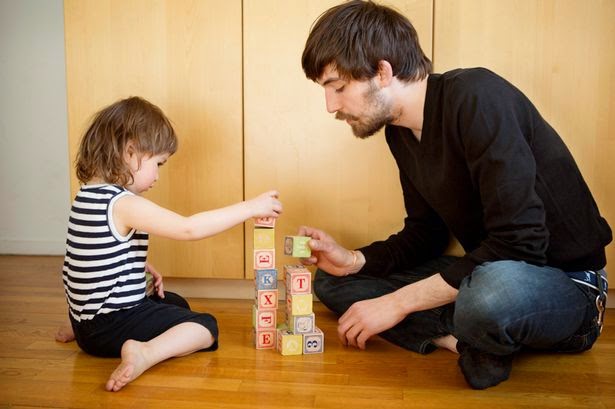Creativity, like common
sense, is supposed to be common. Creativity is natural and spontaneous. Yet it
is not exhibited as frequently as it should. Experts believe that there are
several reasons for this. These reasons are called ‘Barriers to Creativity’. ‘Barriers’
are the thing that stop us from thinking creatively and the reason that make us
not as creative as we should be.
Barrier #5: “Play is Frivolous”
A playful attitude is fundamental to creative thinking. We
generate most of our ideas when we are playing in our mental playground. That is
because our defenses are down, our mental locks are opened and there is little
concern with rules and regulations. Play also free us from worry which is the
root cause of our mental block. Unlike reality, during play – when we win we
win, and when we lose we learn. (The only cost is time). Children know play is
a good way to learn. Children love to play at cooking and driving. Just watch a
kid playing in the school bus or at the computer. They try everything!
We germinate ideas during play. We toy with an idea
before we come up with the real product or process. Some of the most important
inventions were originally conceived during play. How to nurture your
creativity? Play. Play. Play.
Play is fine.
Lord, Give
Us Today Our Daily Idea(s)















